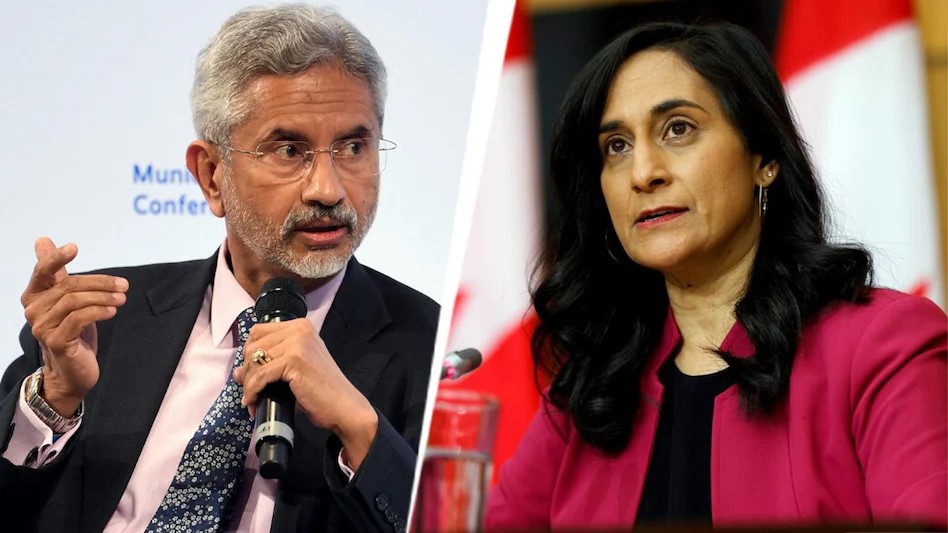
From Farm to AI: India and Canada Reset Ties with Broad New Partnership Plan

 :
| Updated On: 14-Oct-2025 @ 5:29 pm
:
| Updated On: 14-Oct-2025 @ 5:29 pmSHARE
In a significant diplomatic breakthrough, India and Canada have agreed on a new roadmap to rebuild their bilateral relationship, which had been under severe strain for nearly two years. The agreement was finalized during Canadian Foreign Minister Anita Anand's meetings with Indian Prime Minister Narendra Modi and External Affairs Minister S. Jaishankar in New Delhi. This marks an important step toward mending ties that weakened after Canadian allegations about the killing of Sikh separatist Hardeep Singh Nijjar in 2023.
The partnership framework covers multiple sectors of mutual interest, showing a commitment to move past recent tensions. Both nations recognized the need to address each other's concerns. India specifically raised issues about pro-Khalistan elements in Canada. The joint statement highlighted that the renewed partnership would be constructive and balanced. It will be based on respect for shared democratic values, the rule of law, and principles of sovereignty and territorial integrity.
The economic aspect of the roadmap is particularly substantial. Both countries agreed to start ministerial-level talks on trade and investment. They acknowledged the need for strong supply chains amid global economic uncertainties. The Canada-India CEO Forum will resume in early 2026, focusing on key sectors like clean technology, infrastructure, agri-food, and digital innovation. This economic cooperation is viewed as crucial for reducing vulnerabilities from changing global alliances and strengthening strategic stability.
Energy cooperation is another critical part of the revived relationship. The countries will re-establish the Canada-India Ministerial Energy Dialogue (CIMED) to encourage trade in LNG and LPG, work on sustainable low-carbon fuels, and explore how Canada's mining expertise can provide India with vital minerals for energy security. Discussions between India's Department of Atomic Energy and Canadian uranium suppliers were welcomed, indicating potential collaboration in civil nuclear energy.
The technology and agricultural sectors are also important in the new framework. Both nations will relaunch the Joint Science and Technology Cooperation Committee to promote partnerships in artificial intelligence. Canadian companies and researchers will be encouraged to take part in India's upcoming AI Impact Summit in 2026. Agricultural cooperation will aim to develop stable supply chains, improve agri-value chains, and advance innovation in climate-resilient food systems.
In addition to economic and technological collaboration, the roadmap includes important measures for cultural and educational exchange. The partners will enhance cooperation in higher education and research, establish partnerships in emerging technologies like AI and cybersecurity, and work toward expanding Canadian academic presence in India with overseas campuses. A joint working group on higher education will support these initiatives.
This diplomatic thaw follows several preparatory steps, including the reinstatement of high commissioners in August and meetings between national security advisers in September. Both foreign ministers described the relationship as improving, with Jaishankar noting that Canada represents a complementary economy and another open society that lays the groundwork for long-term cooperation. Successfully implementing this roadmap could transform a relationship that had reached its lowest point in decades into a strong partnership that serves both nations' strategic interests in a complex global landscape.